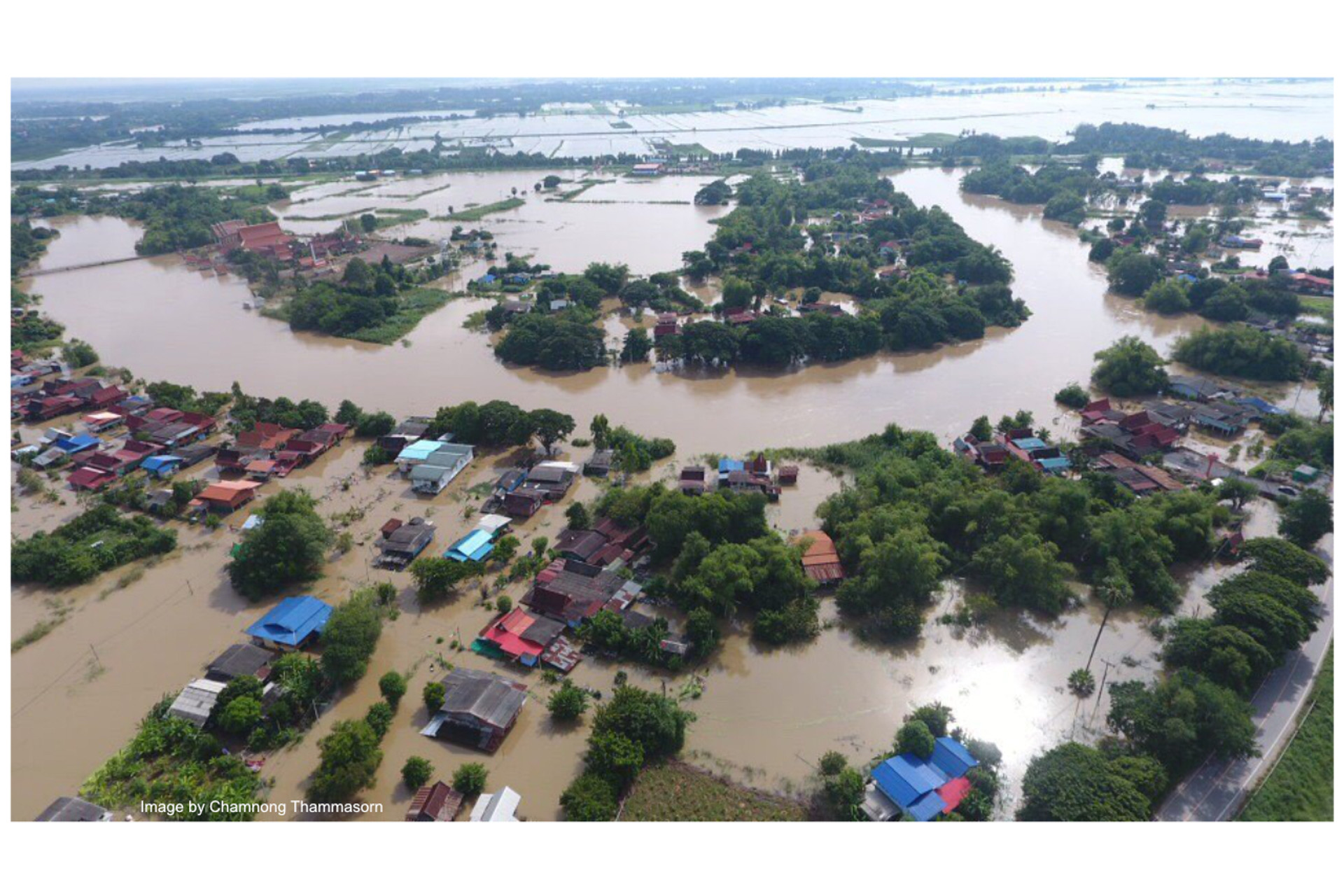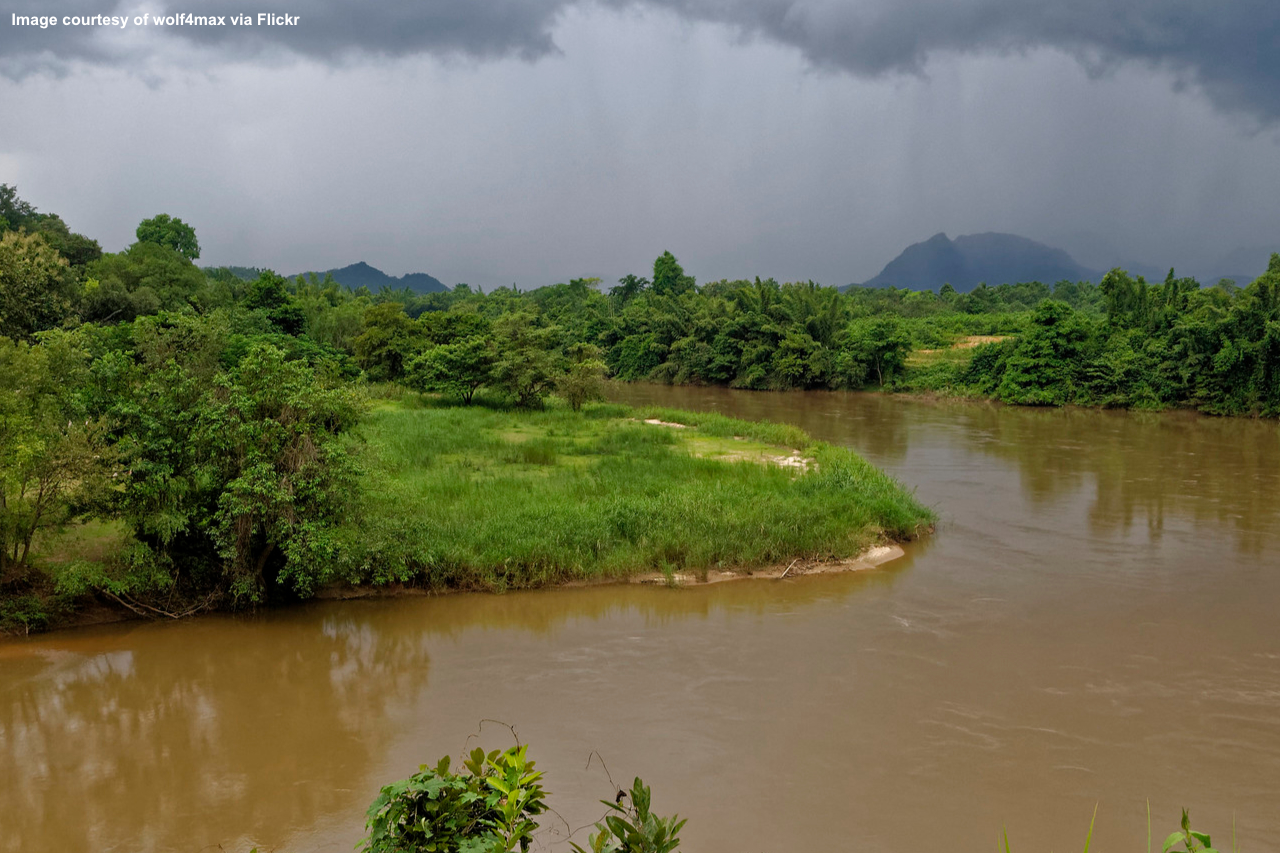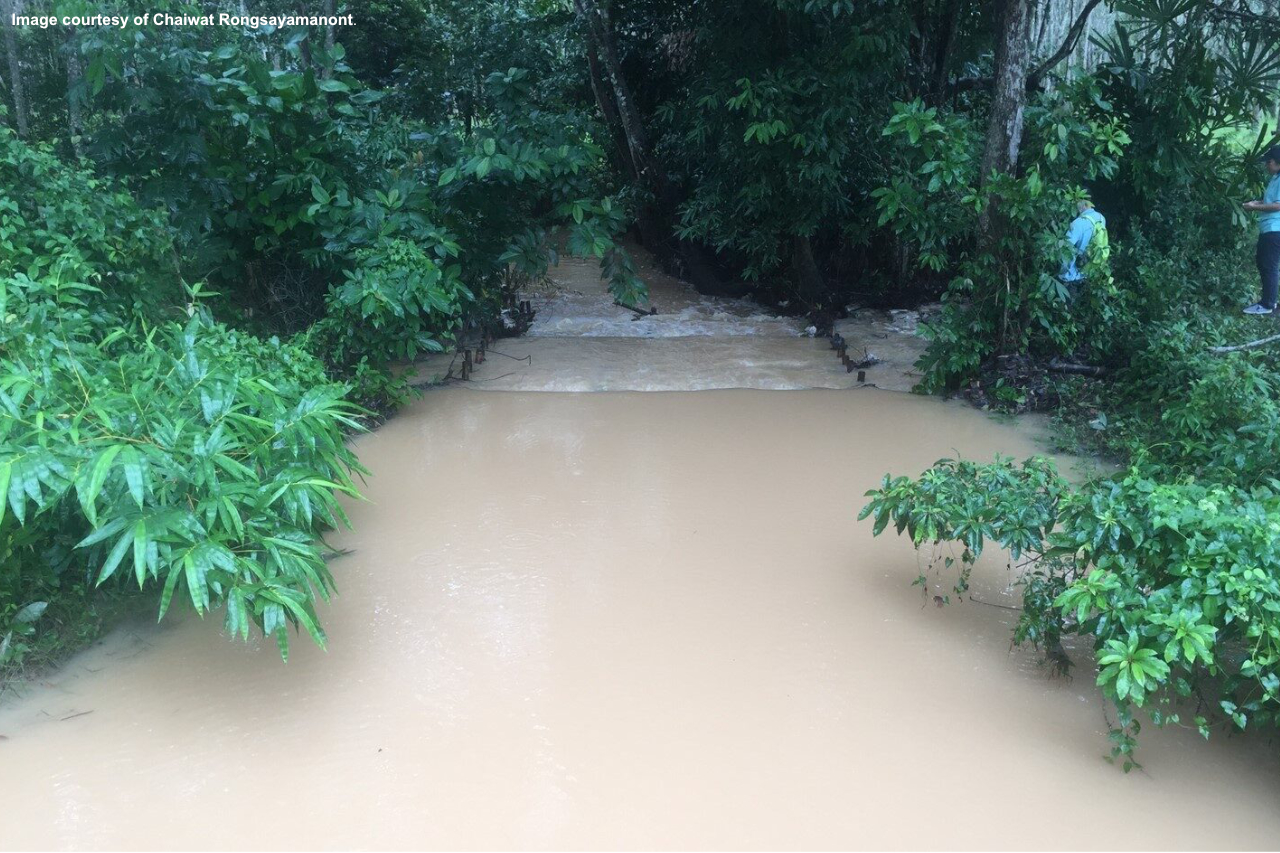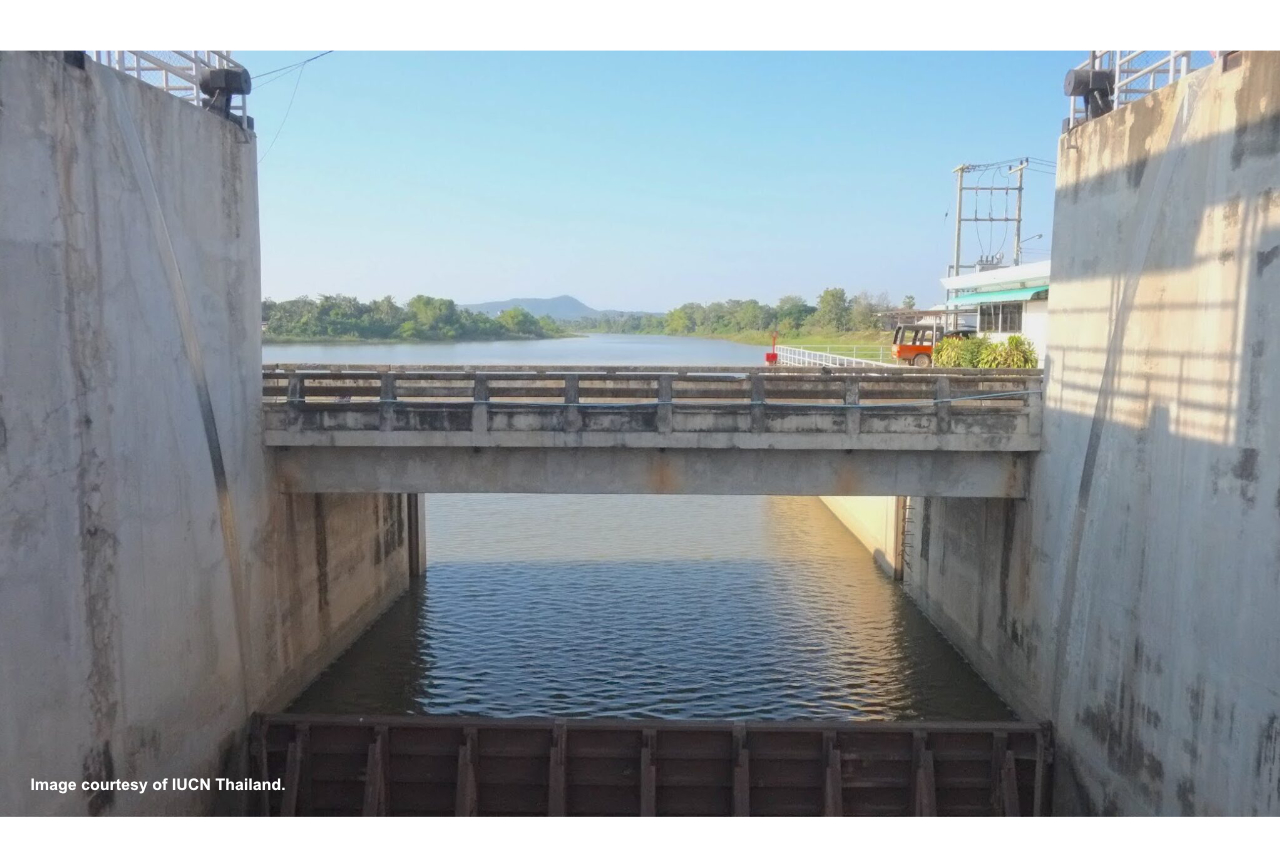Thailand tries nature-based water management to adapt to climate change

Thailand, heavily reliant on water for agriculture and economic growth, faces the escalating challenges of climate change-induced floods and droughts. In response, the country is exploring nature-based solutions, leveraging natural processes in its rivers, floodplains, and forests to manage water sustainably. Acknowledging its vulnerability, Thailand is increasingly incorporating these strategies into national policies. Recognizing the vital role of nature-based solutions in achieving the UN Sustainable Development Goals, stakeholders, including academic institutions like Chulalongkorn University, are engaging in trials and initiatives to enhance resilience against climate uncertainties and promote sustainable water management. The article emphasizes the global importance of such approaches in addressing climate crises and fostering biodiversity, ecosystem resilience, and community well-being.

The report, led by researchers from five Thai universities, offers a synthesis of data collected from 2020 to 2022 on two ecosystem-based water management approaches in Thailand. The approaches involve recreating semi-natural floodplains and constructing "living weirs" to regulate smaller watercourses with natural materials. Collaborative projects established in the past decade, involving national and local government bodies, Thai academics, and local communities, were assessed in partnership with the German international development agency (GIZ) and the U.N. Environment Programme’s World Conservation Monitoring Centre (UNEP-WCMC). While the initiatives showed positive outcomes in disaster risk reduction and community well-being, there were identified environmental and socioeconomic tradeoffs, emphasizing the need for ongoing monitoring and project adjustments to avoid unintended impacts. The report suggests the potential for broader and more systematic application of ecosystem-based adaptation, but highlights the current limitations in evidence on their impacts and benefits, hindering wider adoption by governments and other stakeholders.
Traditionally, Thailand's water management strategies have relied on top-down, large-scale, hard-engineered solutions. However, growing evidence suggests that, given intensifying climate threats, these approaches are no longer sufficient for flood protection or environmental sustainability. Nature-based solutions, such as green roofing, pond networks, and a combination of engineered structures with natural solutions, have been shown to be more effective and sustainable. The Office of National Water Resources (ONWR) and other water management agencies in Thailand are gradually adopting nature-based solutions, including wetland rehabilitation, watershed forest restoration,

and a blend of traditional engineering with nature-based approaches, as outlined in the country's 20-year National Water Resources Management Master Plan (2018-2037) and its 2021-2030 plan for greenhouse gas emissions reduction under the Paris climate agreement. In addition to government-led initiatives, ecosystem-based measures empower small-scale farmers and local communities to manage climate risks more effectively, providing rapid solutions compared to waiting for large-scale infrastructure projects.
One of the initiatives assessed in the report involves living weirs constructed along the Khlong-La River in Songkhla province and the Khlong Wang Heep River in Nakhon Si Thammarat province. These projects emerged in response to severe droughts from 2014 to 2016, leading local researchers and community members to seek affordable and timely solutions. Community-led construction groups-built weirs by placing bamboo grids across watercourses, infilling them with natural materials to create a low dam that regulates water flow. Trees and vegetation were planted along riverbanks for stabilization and eventual revegetation of the weirs. Monitoring and interviews revealed that the weirs retained water during dry seasons, slowed river flow in wet seasons, and improved water availability for irrigation and domestic use. Households near the weirs reported reduced impacts from flooding or water shortages. Additionally, the construction and management of the weirs enhanced relations between the local community and government, traditionally at odds over water management but collaborating effectively on the weirs.
The second initiative assessed is the Bang Rakam model, implemented in response to severe flooding in the Chao Phraya River Basin in 2011. This government-led model focuses on the lower Yom River, which has experienced significant changes due to deforestation for rice cultivation and alterations in its natural flow through flood control and irrigation infrastructure. The Bang Rakam model aims to create "room for the river" by diverting the river's flow into designated flood retention areas in the wetland and floodplain during the wet season. These areas absorb and store floodwaters, addressing the needs of residents and agricultural producers during the dry season. Local residents perceive the project positively, viewing it as a means to enable crop harvests and increase fish catches. The floodplain diversion also reduces downstream flooding during heavy rainfall, benefiting areas such as the city of Sukhothai. The report acknowledges potential impacts on local species and ecosystem services due to altered river flow and raises concerns about pollution from disintegrating non-biodegradable sandbags used in the weirs.Top of Form
The Bang Rakam model, while addressing downstream flooding, has led to issues typically associated with dams, including reduced fish catches, diminished sediment transport downstream, disconnection between river sections and

the natural floodplain, and disruption of the river's natural flood pulse. Farmers within the flood retention areas face challenges, receiving government support for harvesting rice only twice a year due to flooding. Villagers report additional costs for travel and road damage, with some facing economic losses without compensation. The report emphasizes the need for clear mechanisms to support affected households and highlights Thailand's fragmented water management policy framework as a major barrier to the broader implementation of nature-based initiatives. The country's water management involves numerous organizations and government agencies under different ministries.
To implement nature-based solutions on a larger scale in Thailand, there's a need for consensus on the concept of such solutions, including their design and objectives, to mainstream them into national planning. The report recommends monitoring the performance of ecosystem-based adaptation measures by integrating local knowledge, regularly monitoring environmental indicators over an extended period, and using digital technology for data collection and sharing. Public participation and livelihood support are emphasized, ensuring projects have social, environmental, and economic integrity. The importance of locally led climate adaptation measures is highlighted, although less than 10% of global climate finance is directed toward supporting local action. Encouraging private sector investments in nature-based approaches is also seen as crucial for more equitable financing and scalable initiatives. To learn more, go to Carolyn Cowan’s article at Mongabay News https://news.mongabay.com/2023/12/thailand-tries-nature-based-water-management-to-adapt-to-climate-change/